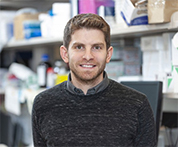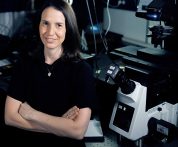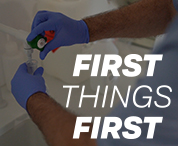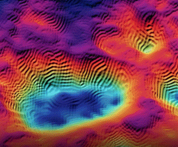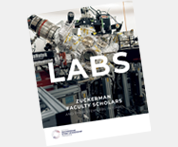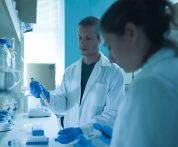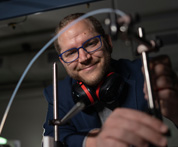Lab focus: Systematic investigation of the specificity of degradation pathways withimplication to human disease. Protein degradation plays a key role in nearly all cellular functions and failure to maintain protein homeostasis (proteostasis) has been shown to facilitate the manifestation or progression of a variety of pathological disorders, including inflammation, neurodegeneration and cancer.To establish a systems level understanding of the specificity of mammalian degradation pathways, we developed a genome-wide approach to characterize sequences promoting protein turnover and match them with the degradation mechanisms regulating them (Koren et al., 2018, Timms et al., 2019).
Projects description:
In our lab we use genetics (CRISPR screens) coupled with synthetic biology (high density oligonucleotide libraries synthesis), biochemistry, cell biology and systems biology approaches to obtain a global view of degradation pathways and to tackle open questions in the protein degradation field.
We:
- Investigate how the degradation machineries of the cell specifically recognize and target substrates
- Characterize protein quality control pathways activated by cells to maintain proteostasis
- Explore the involvement of specific degradation machineries in various biological processes including receptor trafficking and turnover, organelle protein targeting, antigen presentation and more
- Elucidate how defects in protein degradation mechanisms result in disease such as cancer or neurodegeneration
References:
Koren, I., Timms, R.T., Kula, T., Xu, Q., Li, M.Z., and Elledge, S.J. (2018). The Eukaryotic Proteome Is Shaped by E3 Ubiquitin Ligases Targeting C-Terminal Degrons. Cell 173,1622-1635.e14.
Timms, R.T., Zhang, Z., Rhee, D.Y., Harper, J.W., Koren, I., and Elledge, S.J. (2019). A glycine-specific N-degron pathway mediates the quality control of protein Nmyristoylation. Science (80-. ). 364.
We are looking for talented, curious and motivated post doctoral fellows with experimental and/or computational expertise to join us.
Applicants should send their CV and a brief description of their interests to Itay Koren.
Contact information
[email protected]
Mailing address: The Mina and Everard Goodman Faculty of Life Sciences Bar-Ilan University, Nanotechnology and Advanced Materials Building (206), Rooms C765(office), C-767(lab), Ramat Gan, Israel, 5290002
Phone: +972-3-7384211
 ISRAELI COUNCIL FOR HIGHER EDUCATION
ISRAELI COUNCIL FOR HIGHER EDUCATION MIT-Israel Zuckerman STEM Fund for Faculty Collaboration
MIT-Israel Zuckerman STEM Fund for Faculty Collaboration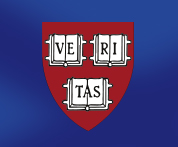 The Zuckerman Travel and Research STEM Fund at Harvard
The Zuckerman Travel and Research STEM Fund at Harvard Zuckerman AI Fund at Technion
Zuckerman AI Fund at Technion Alan Alda Communicating Science
Alan Alda Communicating Science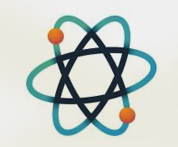 Zuckerman Institute – ScienceAbroad
Zuckerman Institute – ScienceAbroad Zuckerman Institute – America-Israel Friendship League partnership
Zuckerman Institute – America-Israel Friendship League partnership






